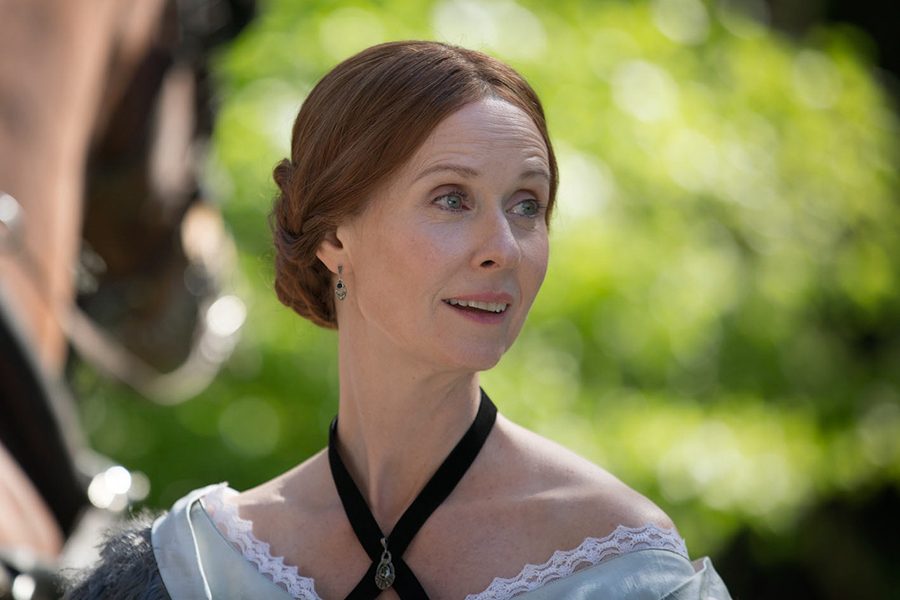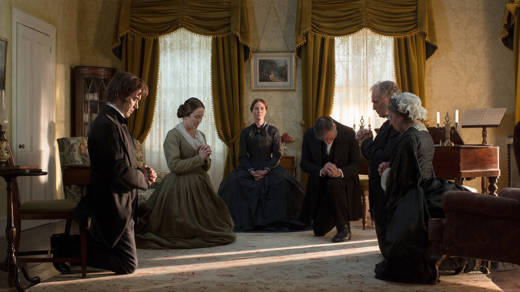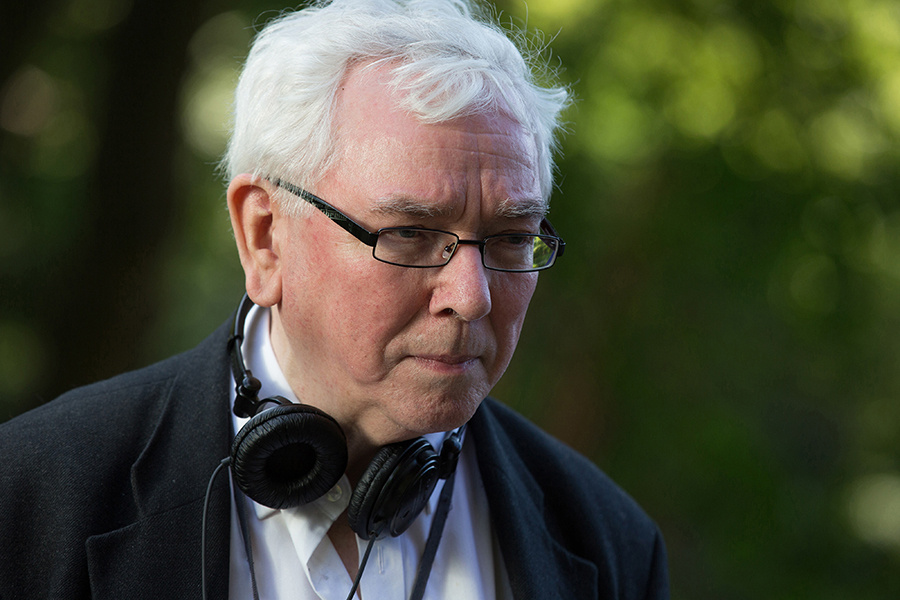Terence Davies read six Emily Dickinson biographies before writing and directing a film about the 19th century poet. He shaped the screenplay for A Quiet Passion, his new biopic about her life opening in Bay Area theaters on May 5, from her poems that question the existence of God. Davies, a lapsed Catholic, believes that the work he responded to most was about “the nature of the soul and how you keep it in good order.” If you leave the theater convinced Dickinson was a saint, it won’t be because of her skill at genuflection. It is her lifelong, unreserved struggle with and against her faith that Davies zeroes in on.
Speaking over the phone, Davies identifies the fundamental question in Dickinson’s poetry as: “Is there a God, is there not?”
“I don’t think she’s ever sure,” he says. “She always manages to steer a path between those two extremes and always manages to imply some sort of hope that there might be.” But not without a great deal of self-denial and suffering. The language in her poems seethes with inner conflict. It’s there trapped inside her abrupt syntax, in the juxtaposition of unlikely nouns and adverbs, in the stark imagery that depicts a soul’s estrangement from its physical host, the body.

Her great rebellion begins in the movie’s first scene, set at — what was in the 1800s — the Mt. Holyoke Female Seminary. Confronted by the headmistress in front of her peers, Dickinson (played by Cynthia Nixon) refuses to be conscripted into religious subservience. “She wouldn’t allow anybody to tell her on a spiritual level, the level of the soul, what to do,” Davies says. “Because, as she says, ‘This is my soul, it’s mine.’”
“That level of her wanting to protect her soul makes life that much more difficult,” Davies says of her resistance. “It made it even harder I think for her to interact in the real world because, like all geniuses, she has a skin missing.”




